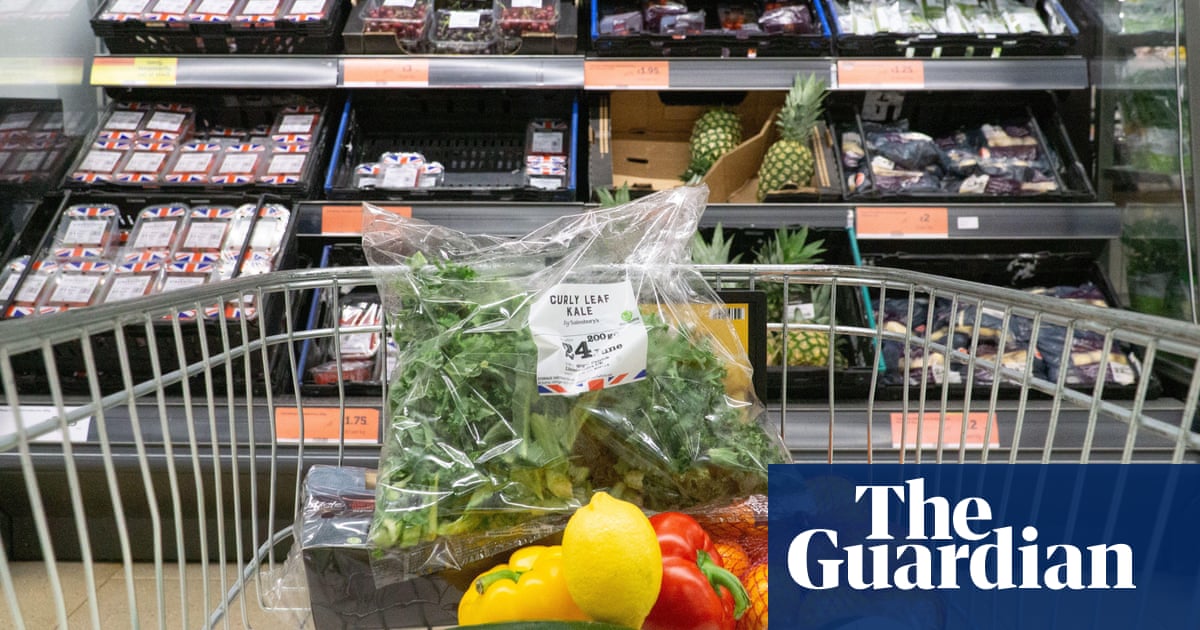Water companies have missed their targets to reduce pollution with 2,487 incidents recorded in 2024 – twice the limit set by the Environment Agency.
Data revealed under freedom of information law shows the companies were collectively set an Environment Agency target of a 40% reduction in pollution incidents, but instead recorded a 30% increase.
The number of pollution incidents in 2024 was the highest in a decade.
A new report by the charity Surfers Against Sewage using discharge data, sickness data and figures from its app, which uses citizen science to track sewage spills, reveals that the water industry in England failed to hit its targets for reducing pollution incidents for the last investment period of 2020-2025.
Under the new investment period, starting this year, customers are to face an average hike in bills of £123 so water companies can invest in fixing pipes and sewers in order to stem the flow of pollution. But an “urgent and radical reform” of the sector is needed, the charity said, as previous promises under the last round of funding were broken.
The report also reveals that despite failings to reduce pollution and new regulations intended to reduce profit for executives who preside over sewage spills, shareholders were paid £1.2bn in 2023-24 despite the record number of hours raw sewage was discharged into England’s waters.
Giles Bristow, the chief executive of Surfers Against Sewage, said: “The numbers are staggering: record hours of sewage discharges, huge bill increases, thousands of people becoming ill and yet still the industry has the gall to still pay out billions of bill-payer money to shareholders. Things could not be clearer: this broken system needs urgent and radical reform.
“We can change things if we change the way our system is run. Across the globe, the norm is to manage water at a local level, rather than the 100% private ownership model in place in England that has proved catastrophic for the environment and public health.”
The charity runs a sickness monitoring scheme so people can report suspected illness from coming into contact with contaminated water. Swimmers are at risk from bacteria including E coli if the water they swim in has recently been subject to a sewage spill.
In 2024 alone, Surfers Against Sewage received 1,853 sickness reports through its app – an average of five people getting sick per day after using the water. Of those, 331 had to see a doctor, and 79% of them reported that their doctor had attributed their illness to sewage pollution. There were hundreds of cases of gastroenteritis and chest infections, as well as serious bacterial infections and hospital admissions.
In September 2023, 28-year-old Charlie Clarke swam at Clevedon marine lake near Bristol while training for an Ironman race. The next day he collapsed while jogging and was taken to hospital for ECGs and blood tests. Over the following four months, multiple tests concluded that a virus caught while swimming had lowered his blood pressure and caused a minor heart problem.
after newsletter promotion
Clarke said: “This experience and diagnosis set me back in a number of ways. My everyday life was impacted, as I was unable to raise my heart rate whilst in recovery. Everyday tasks became a barrier to a normal life – for example, commuting by bike was no longer an option.
“My main social outlet is sport, which was put on hold for several months. This impacted my confidence further and left me particularly isolated from football and cycling teams. It took me around a year to become confident enough to raise my heart rate to its maximum.”
A spokesperson for the industry body Water UK said: “No sewage spill is ever acceptable and water companies are investing £12bn to almost halve spills from storm overflows by 2030. This is part of the largest amount of money ever spent on the natural environment to help support economic growth, build more homes, secure our water supplies and end sewage entering our rivers and seas.”
The Environment Agency was also contacted for comment.

 5 hours ago
7
5 hours ago
7













































